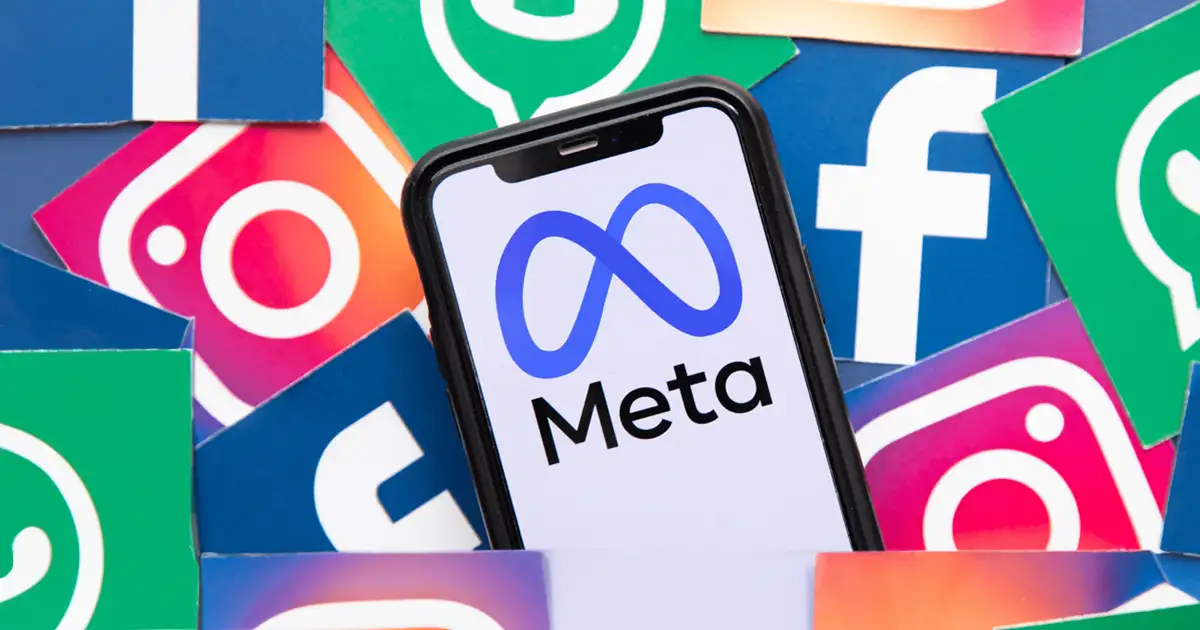Did Meta profit from illegal gambling?
Meta, the parent company of Facebook and Instagram, is facing new questions about the role of its platforms in promoting illegal gambling. According to an investigation relayed by Reuters, the group generated significant revenue from advertisements for unauthorised online casino operators in several countries.
Targeted advertising: a well-oiled machine
At the heart of the investigation were advertising campaigns promoted on Facebook and Instagram by gambling sites operating without a local licence. These ads, which were often very attractive, promised high sign-up bonuses, simple bets or quick winnings. Some campaigns targeted users directly with personalised content, made possible by Meta’s advanced ad targeting capabilities.
Evidence shows that these ads could reach users in regions where online gambling is either banned or strictly limited to licensed operators. Legislation differs from country to country, but the rule generally remains the same: only licensed online casinos can promote their services.
Yet for several months, Meta’s platforms have been displaying ads linking to offshore sites based in jurisdictions known for their permissive regulations.
Substantial revenue, but difficult to quantify
The main question today is a simple one: how much did Meta actually earn from these ads? No figures have yet been officially released by the company. However, several analysts point out that gambling is one of the sectors that invests most heavily in digital advertising, particularly in regions where competition is strong.
According to an analysis of the public Meta Ads Library database, some of these advertisers had been active for months, or even years, without any significant intervention from the platform. This suggests that the revenue generated is not anecdotal.
For some observers, the problem lies not only in exposing users to potentially addictive practices, but also in the unfair competition this represents for legally registered operators.
The authorities are beginning to react
In several countries, regulatory authorities have recently focused on the role played by social networks in the dissemination of illegal online gambling advertising. Some organisations have already contacted Meta to seek clarification of its advertiser verification mechanisms.
Advertising regulation is generally shared between digital authorities, telecoms regulators and specialist gaming bodies. This overlap sometimes complicates the process. But the sheer scale of the phenomenon is now prompting action.
Several regulators are considering imposing tighter automated controls on platforms, or even systematic reporting obligations on gambling advertisers.
Meta’s response: evolving moderation
Questioned by Reuters, Meta states that it prohibits the promotion of unlicensed online gambling and points out that it has systems in place to identify and remove illegal campaigns. The company also states that it regularly collaborates with the regulatory authorities.
The case raises a broader question about the business model for digital advertising. When a platform has extremely precise tools at its disposal to target users, it cannot ignore the implications of using them.


